How £100k 'Modern Militant' presided over voting shambles
By IAN GALLAGHER
Last updated at 2:18 PM on 9th May 2010
Comments (71)
Add to My Stories
Now observers from Kenya say British system is a 'recipe for corruption'
Tories missed out on majority by just 16,000 votes
Woman in charge of Electoral Commission is long-term agitator for electoral 'reform'
She once described House of Lords as a 'relic and active hindrance'
She lives with Left-wing former leader of Hackney Council
She's paid £100,000 a year for a three-day-week - a job set up by Tony Blair
Modern militant: Jenny Watson has had a long career in quangos
The woman who presided over Britain’s ‘Third World’ voting chaos is a former Left-wing campaigner dubbed ‘The Modern Militant’ who now earns £100,000 for a three-day week as head of the election quango.
Jenny Watson has been a long-term agitator for voting reform and was once active in a pressure group seeking major constitutional change.
She again called for modernisation of the system following the shambles of Thursday’s poll – even though as chairman of the Electoral Commission, a quango set up by Tony Blair, it was her job to ensure the vote could run smoothly.
As thousands of people were locked out of the polls, 46-year-old Ms Watson went on TV to blame everyone but herself for the fiasco.
She criticised returning officers and described the inadequacies of the system as ‘a legacy of the Victorian era’.
She said that election law may now need to be changed – a view perhaps unsurprising given her radical past. In the late Nineties she was campaign manager at Charter 88 – the Left-wing pressure group that advocated constitutional and electoral reform.
At the time, Ms Watson said: ‘The House of Lords is a relic, an active
hindrance to a government which the people chose to control the country.’
Since then Ms Watson, a seasoned human rights campaigner, has moved from quango to quango, fronting, among others, the Equal Opportunities Commission, where she earned her ‘Modern Militant’ epithet.
She joined the Electoral Commission last year, an organisation that has now been swamped by calls from angry voters who were unable to exercise their democratic right, and Ms Watson has promised a ‘thorough review’ of what happened.
The chaos means that the results in some seats may yet be challenged in the courts.
Shami Chakrabarti, director of civil rights group Liberty, described the chaos as ‘unworthy of a mature democracy like ours’.
TORIES MISSED MAJORITY BY 16,000 VOTES
David Cameron has been kept out of moving straight into Number 10 by the will of just 16,000 voters.
The Tories’ ability to form a majority government was thwarted by just 0.06 per cent of the voting public.
The way Britain was plunged into the uncertain scenario of a hung parliament was uncovered by researchers at Plymouth University who pointed to the Tories missing out in just 19 target constituencies.
Colin Rallings and Michael Thrasher said Mr Cameron came tantalisingly close to forming a government.
The directors at the university’s elections’ centre wrote: ‘Cameron came so near and yet so far.
‘Just 16,000 extra votes for the Tories, distributed in the 19 constituencies in which the party came closest to winning, would have spared us a weekend of negotiation and speculation.’
She added: ‘This scandal must not be lost in all the current speculation about a new government, and the relevant authorities cannot be left to investigate themselves.
To add to the shame, even official election monitors from Kenya and war-torn Sierra Leone were so shocked by what they saw on polling day that they described the British system as a 'recipe for corruption'.
They said that a lack of proper identity checks at polling stations and voters being turned away meant that our electoral system was highly vulnerable to corruption.
Marie Marilyn Jalloh, and MP from Sierra Leone, told the Sunday Times: 'There has to be some doubt over the legitimacy of the result.
'Where people have been disenfranchised of cases of fraud are found there should be another vote. In My country this would be very controversial.
'Your system is a recipe for corruption; it was a massive shock when I saw ou didn't need any identification to vote. In Sierra Leone you need an identity card and also neeed to give your fingerprint.
'Here you need nothing. In this respect, our own system is more secure than yours.'
Anyone who feels they were denied their fundamental right to vote should contact us urgently. Liberty will use all legal and campaigning means to ensure that this disgrace is never repeated.’
Polling stations in London, Sheffield, Manchester, Birmingham, Liverpool, Newcastle and Leeds were caught out by a late turnout of voters.
Some turned people away when polls closed at 10pm, while others allowed lock-ins to enable people to vote after the deadline.
In Hackney, London, angry would-be voters staged a sit-in when polls closed. In his Sheffield Hallam constituency, Liberal Democrat leader Nick Clegg went to offer his apologies to frustrated voters at a polling station after they queued for more than three hours.
Doors were closed on 200 potential voters in Ladybarn in Manchester, while in Liverpool, voters were left waiting when one polling station ran out of ballot papers.
Geoffrey Robertson QC has said that people denied the right to vote could sue for compensation and get 'at least £750'
Responsibility for the organisation of elections rests with returning officers, who are council chief executives. Those in charge of areas that saw the worst chaos are all on six-figure salaries.
John Mothersole, the £181,000 boss of Sheffield City Council, apologised to hundreds of voters who queued for hours in vain.
Birmingham’s chief executive Stephen Hughes, who is paid £200,000 a year, was similarly penitent and promised an investigation.
Other returning officers on the list of shame include Manchester’s Sir Howard Bernstein (£199,056), Liverpool’s Colin Hilton (£227,500) and Hackney’s Tim Shields (£112, 956).
A spokesman for Solace – the Society of Local Authority Chief Executives – admitted that mistakes were made but said Ms Watson’s criticism had been unhelpful.
David Monks, chief executive of Huntingdonshire District Council, said a late surge in voters was one factor, but argued that extra staffing at polling stations would not have helped because each station had just one register, with one person ticking off names.
More...
A diatribe laced with threats: Brown vents rage in furious call to Clegg as Lib Dem leader holds cloak-and-dagger meeting with Cameron
Anger of student voters put into the 'slow queue'
Forget deals, just go it alone, says ex Tory chairman Tebbit
Gordon Brown loses solo role in Cenotaph ceremony 'demotion'
MAIL ON SUNDAY COMMENT: Brown has lost. So has Clegg. We need a new government. By tonight
LIZ JONES: Retirement is overrated - just ask the tireless (and dishy) Mr Dimbleby
JAMES FORSYTH: They were sure they had it in the bag - even after the exit poll came in
TIM MONTGOMERIE: Remember who deserves the last dance, Dave
He said part of the blame was due to a high number of new returning officers with little or no experience in running elections. ‘It is not something you can learn from a book,’ he added.
Of the row sparked by Ms Watson’s comments, he said: ‘I am not interested in trading blows with the Electoral Commission. There’s no need to kick people when they are down; that is not right.’
Voters queue round the block in Newcastle at 9.45
Ms Watson was appointed to her job in January last year by the Speakers’ Committee of senior MPs. She has also worked for Victim Support and was chairman of the ‘gender equality’ group, The Fawcett Society.
Asked why there had been so many voting problems, she said: ‘This is a significant concern.
They [the returning officers] will have to answer to us and they will have to answer to the local voters. They should have put extra staff on and got extra ballot papers if they were running out.
‘It’s largely a legacy of the Victorian era. It’s not sensible to have a system that was designed when five million people were eligible to vote.’
However, her excuse was met with widespread derision, with many pointing out that the system had coped perfectly well in the past, and with a higher turnout.
Human rights lawyer Geoffrey Robertson QC has said that people denied the right to vote could sue for compensation, and could get ‘at least £750’.
The Election was monitored by a group of observers from countries including Rwanda, Bangladesh, Sierra Leone and Nigeria.
Among the delegates was Lisa Hanna, a Jamaican MP and former Miss World, who said she was shocked by the voting fiasco.
She told The Mail on Sunday: ‘It’s unfortunate when someone is standing in a line for their own democracy and are turned away.’
Why election officials are a law unto themselves
By Heather Brooke
Anyone trying to find out what preparations were made for Thursday’s General Election would have encountered a wall of silence from the public officials in charge.
I know because I made these enquiries last year. I wanted to know how local councils were registering people to vote and whether the number was going up or down and why.
I wanted to know if there was any truth to a Data Sharing Review instigated by the Cabinet Office that stated voter registration was down due to worries that marketing companies would get voters’ names from the electoral role and send junk mail.
The review recommended scrapping the publicly available electoral roll so only state officials and some private companies could access it. The Government took up this recommendation and there is a consultation in place to abolish it.
Nick Clegg and his wife Miriam Gonzalez Durantez arrive at the Bents Green Methodist Church in Sheffield to cast their votes in the UK general election
This is of great concern. In a democracy it is essential that people can see who is registered to vote and where.
Why? Well for a start, officials rarely expose voter fraud, it is normally ordinary people or the Press – it was a reporter who found there was only one occupant at a Tower Hamlets address where eight Bengalis were registered to vote.
From my queries to local councils I discovered the recommendation to abolish the roll was based on fiction. Voter registration was not going down. This was made clear by the turnout at Thursday’s Election, up from 61.4 per cent in 2005 to 65.2 per cent.
But I discovered something more disturbing. The officials charged with compiling electoral registers and running elections were accountable to no one.
Local councils do not publish information about electoral preparations so it was only
by making Freedom of Information requests that I could get answers. I made requests to every council in the UK.
I received from them all a version of this response from the London Borough of Barnet: ‘The Electoral Registration Officers are not answerable to the Council in respect of their electoral responsibilities and duties, which are carried out in their own personal capacity.
An example of this is that the Register of Electors is deemed to be the property of the Electoral Registration Officer, not the local authority.’
David Cameron leaves a poling station with his wife Samantha after casting their votes in Witney, Oxfordshire
The councils also claimed any information held by the election officials relating to their duties was exempt from disclosure. This is clearly not acceptable. We should demand accountability from Electoral Registration Officers and Returning Officers.
Let’s look at the Electoral Commission, the so-called elections watchdog. Its chairwoman, Jenny Watson, says all the Commission can do is provide guidance to election officers; managing the elections is the responsibility of local election officers.
Guess who is responsible for monitoring the performance of these electoral officials? The Commission’s website states: ‘Electoral Registration Officers and Returning Officers are asked to assess themselves against the standards.’
There are supposedly sanctions against abuse. The law states that if an Electoral Registration Officer is found guilty of any act in breach of their official duty, they will be liable to a maximum fine of £5,000. But little if any monitoring is being done.
If the Electoral Commission is getting public money to ensure a competent election system it should have real powers to enforce standards.
If not, we have to ask what value for money are we getting from this toothless watchdog?
What we need is for election officers to come out of the shadows and be directly answerable to the people.
* Heather Brooke is author of The Silent State: Secrecy, Surveillance And The Myth Of British Democracy
Read more: http://www.dailymail.co.uk/news/election/article-1275445/Election-2010-Is-wonder-vote-shambles.html#ixzz0nTmw32ej
Subscribe to:
Post Comments (Atom)














![Kay Jordan marched in Hanbury Street, Princelet street on 17 January 2006 [pictured below]](https://blogger.googleusercontent.com/img/b/R29vZ2xl/AVvXsEjmFpkcZgAW1eZKWId6O-xApvo7_zu4rL0QLz_ByB_FHaKbyUkAFfaPT1RdxXqjX-YVvveRu2zdPyr0pXqiFK-0SAjQd5vyTwGgGDnyU600Gk-gu-MueRhRIg_UhFT66fo8gzCl2tM4BX-8/s760/KHOODEELAAR%2521+No+to+Crossrail+Hole%252C+Demo+in+Hanbury%252C+Spelman%252C+Princelet+Streets+and+Brick+Lane+London+E1+17+January+2006.jpeg)
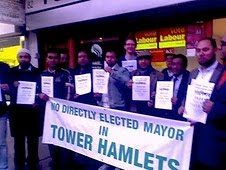
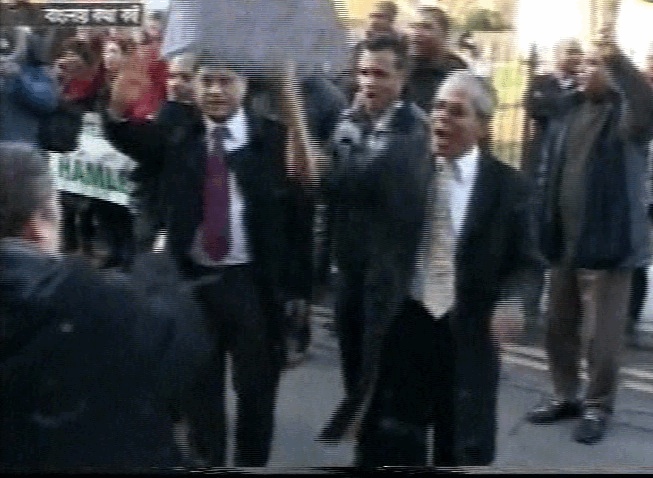



















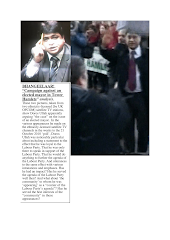


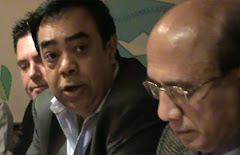

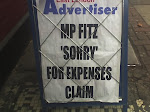
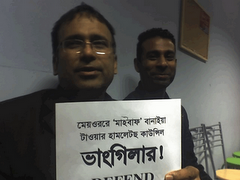
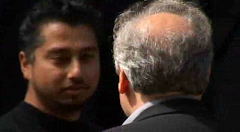
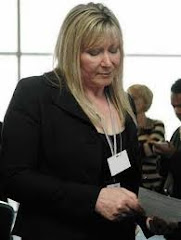
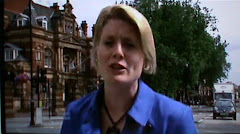
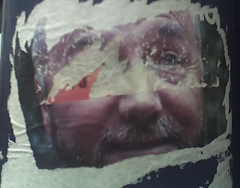

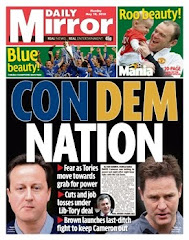
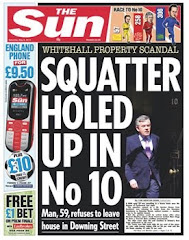
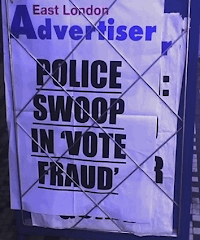
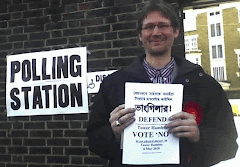
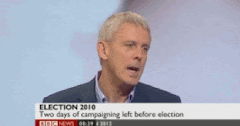

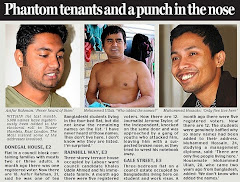
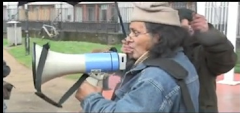
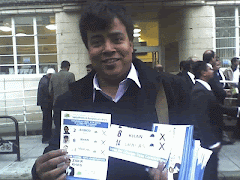

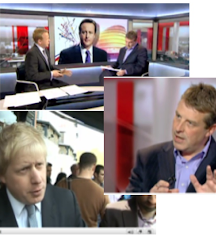
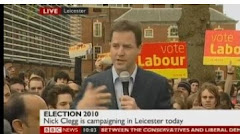
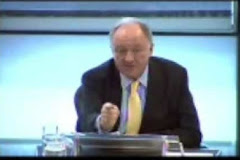
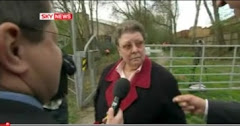
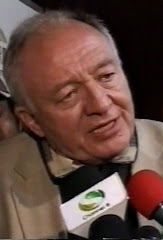
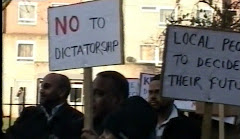
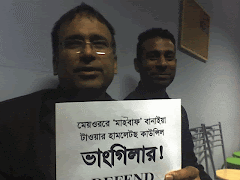

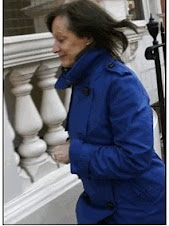
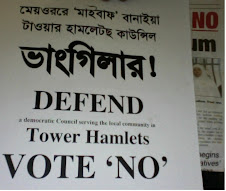
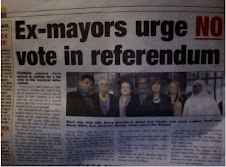
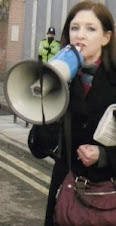
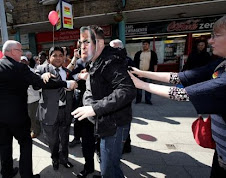
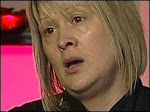
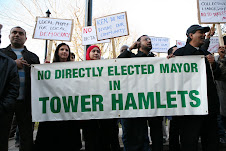
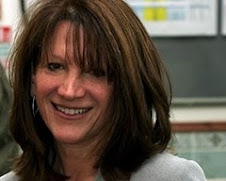
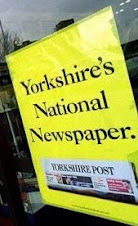

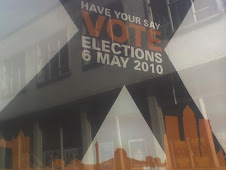
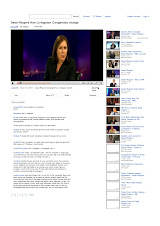
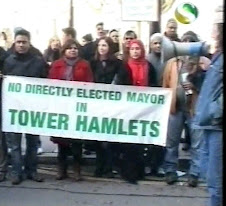
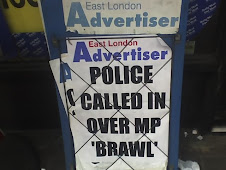
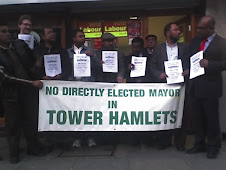
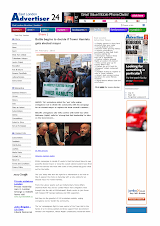
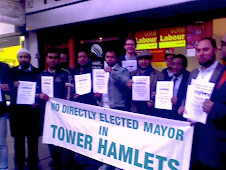
No comments:
Post a Comment